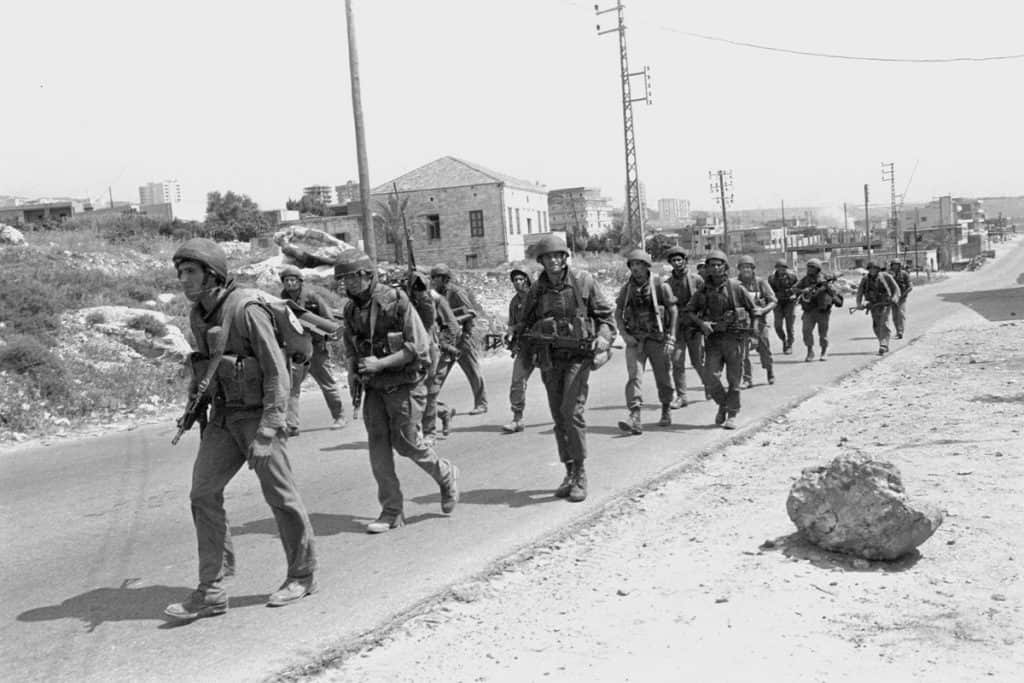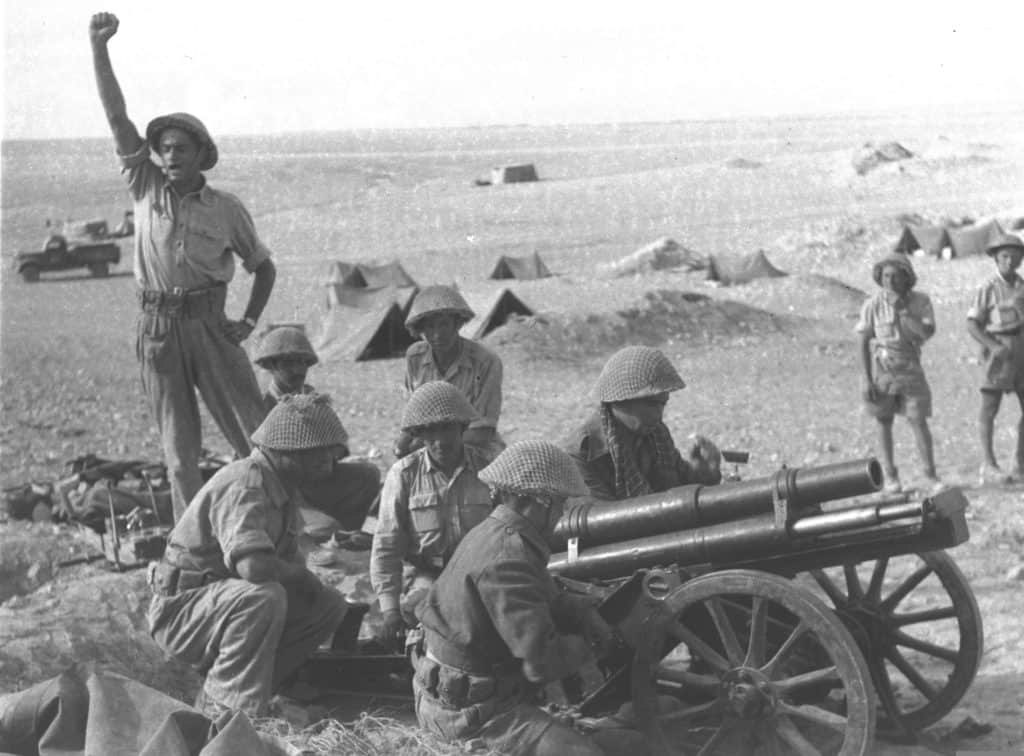The 1982 Lebanon War is a significant and complex chapter in the history of the Middle East. Rooted in longstanding regional tensions and geopolitical ambitions, this conflict had far-reaching implications for Lebanon, Israel, and the broader Middle East. This post delves into the key events, motivations, and consequences of the 1982 Lebanon War.

Credit: Michael Zarfati / IDF Spokesperson’s Unit
So, the seeds of the 1982 Lebanon War were sown in the Lebanese Civil War, which erupted in 1975, leading to widespread violence, sectarian divisions, and political instability in Lebanon. Furthermore, by 1982, Israel, under the leadership of Prime Minister Menachem Begin, sought to dismantle the Palestine Liberation Organization (PLO) presence in southern Lebanon, as they viewed it as a threat to Israel’s security. Additionally, they aimed to establish a friendly Christian government in Lebanon that would be sympathetic to Israeli interests.
Operation Peace for Galilee
So in June 1982, Israel launched Operation Peace for Galilee, a large-scale military invasion of Lebanon. The Israeli Defense Forces (IDF) swiftly advanced, occupying southern Lebanon and besieging Beirut, the capital city. The goal was to weaken the PLO, push them out of Lebanon, and end cross-border attacks on Israel from Palestinian territories.
Beirut Siege and Sabra and Shatila Massacres: During the siege of Beirut, Christian Phalangist militia allies entered the Palestinian refugee camps of Sabra and Shatila in September 1982. Over three days, they carried out mass killings of Palestinian civilians, leading to international outrage and condemnation.
1982 Lebanon War: International Involvement
The 1982 Lebanon War saw the involvement of various international actors. The United States played a crucial role in brokering a ceasefire and negotiating the withdrawal of PLO forces from Lebanon. Following the Sabra and Shatila massacres, an international commission found Israel indirectly responsible for the atrocities, leading to domestic criticism and profound internal soul-searching.
Long-Term Impact: The war’s aftermath profoundly impacted Lebanon and the region. The PLO leadership relocated to Tunisia, and Hezbollah, a Shia Islamist militant group, emerged as a significant force in Lebanon. Israel’s prolonged occupation in southern Lebanon led to protracted guerilla warfare and resistance.
The Wars of the State of Israel

The Legacy
The 1982 Lebanon War remains a subject of historical debate and controversy. Critics argue that the Israeli invasion brought destruction, civilian casualties, and increased regional instability. Supporters assert that defending Israel’s security interests and preventing cross-border attacks was necessary.
Conclusion
The 1982 Lebanon War is a pivotal moment in the history of the Middle East, marked by complex geopolitical dynamics, civilian suffering, and regional repercussions that continue to reverberate to this day. Understanding the causes and consequences of this conflict is essential for appreciating the complexities of the ongoing challenges faced by the people of Lebanon and the broader Middle East.

